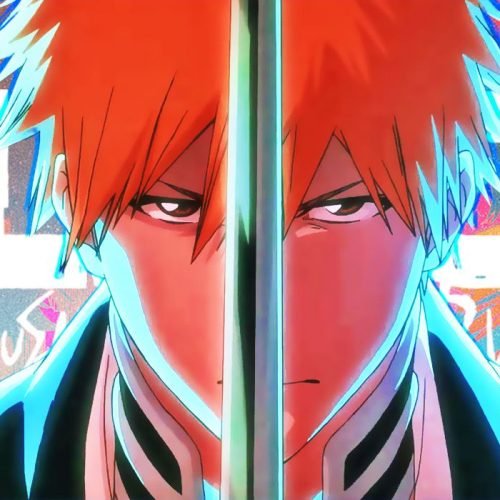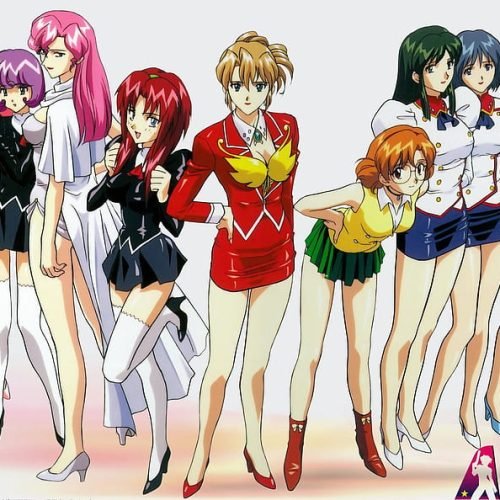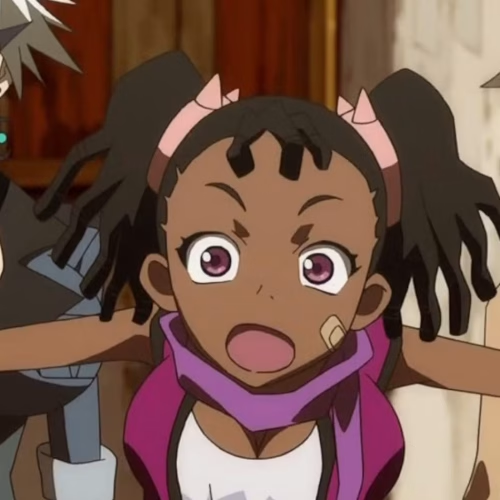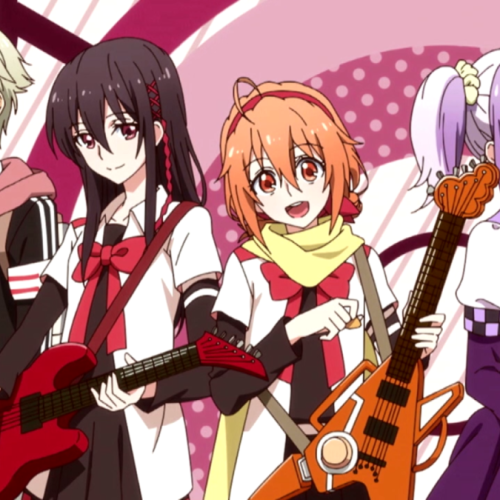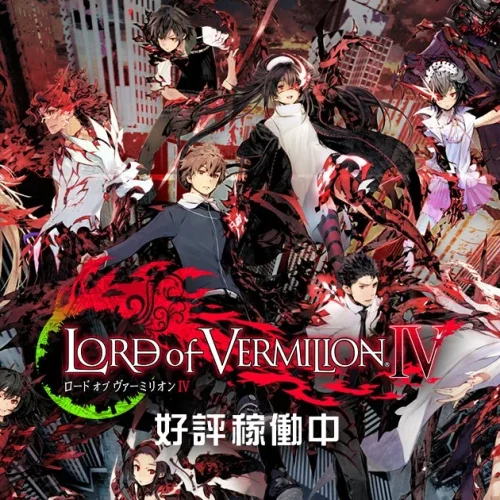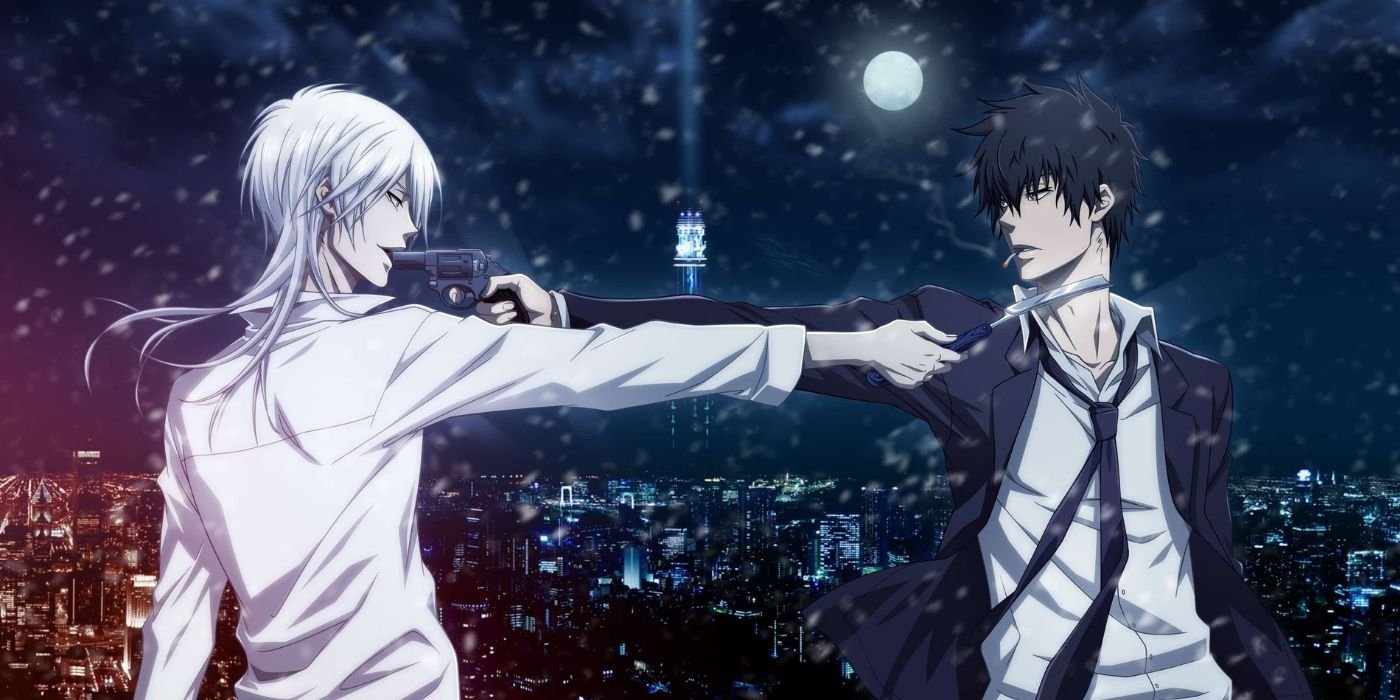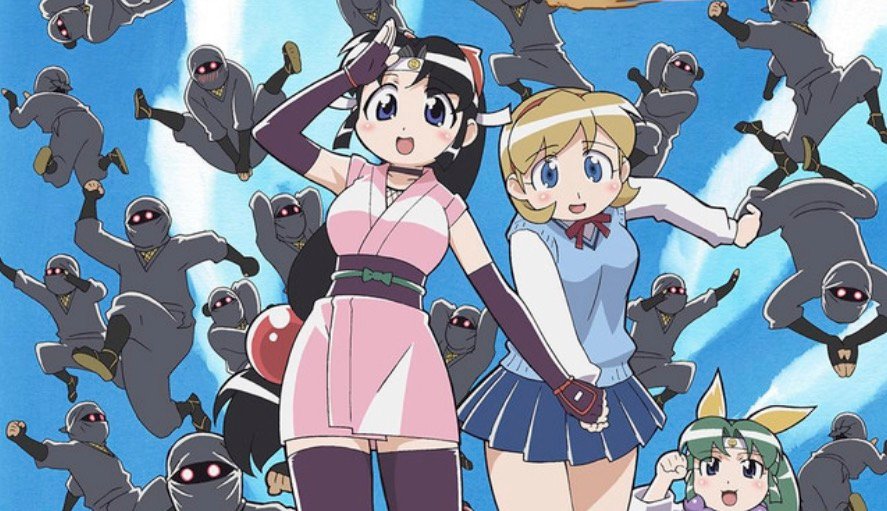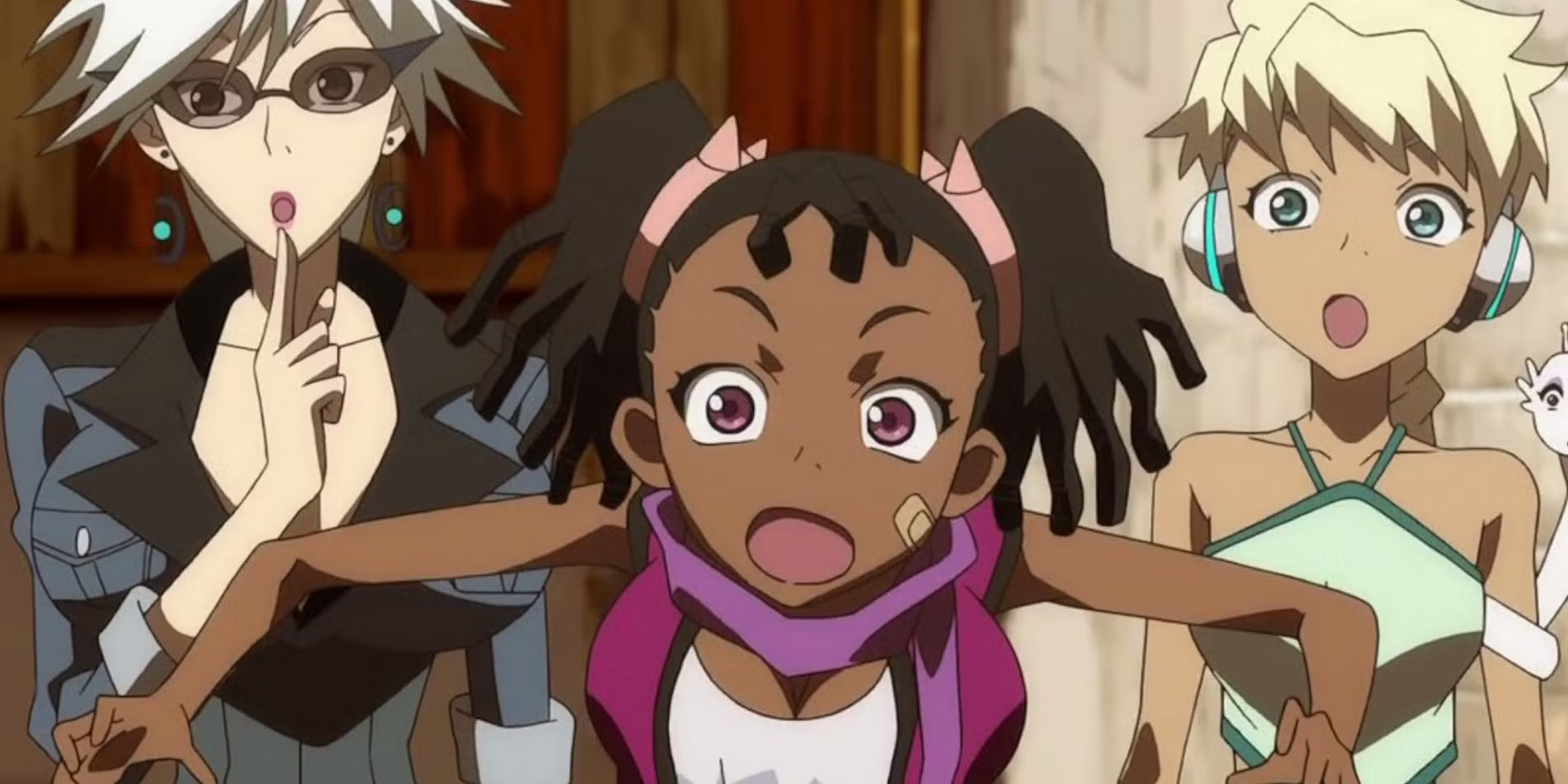Download Psycho-Pass
Introduction
Psycho-Pass is a heartbreaking anime series that explores a dystopian future where technology dictates the morality and control of society. Produced by Production I.G and first released in 2012, the series has become a classic of the cyberpunk genre, mixing strong psychological themes with action scenes. This blog delves into the world of Psycho-Pass, exploring its story, characters, themes, visual style, tone, and its lasting impact on the anime community.
Story
Mind Pass is set in a futuristic city controlled by the Sybil system, and depicts a world where Mind Pass is used to measure people’s mental state and criminal ability. The system measures a “crime rate,” which determines how likely an individual is to commit a crime. Excessive numbers led the authorities to forced treatment or outright execution. The story tells the story of Chang Shouqian, a new employee of the Public Security Bureau, who initially believed in the justice brought by the witch system. As she continues to work alongside renowned law enforcement officer Shinya Kogami, Akane begins to question the ethics of a system that claims to protect society at the expense of everyone’s freedom and liberty. Things take a turn for the worse when Kogami hunts down Shogo Makishima, a criminal whose ability to escape the system of witches calls into question the foundations of this dystopian society.
Main Characters
- Akane Tsunemori: The protagonist, whose journey from an idealistic rookie to a morally complex enforcer serves as the series’ emotional and philosophical core.
- Shinya Kogami: A former inspector turned enforcer, Kogami is driven by his obsession with capturing Makishima, blurring the lines between justice and revenge.
- Shogo Makishima: The main antagonist, whose immunity to the Sibyl System’s scans makes him a symbol of the system’s inherent flaws. His character raises questions about free will and the definition of true humanity.
- Nobuchika Ginoza: A veteran inspector struggling with the weight of his duties and the system’s demands, serving as a foil to Akane’s idealism.
- Tomomi Masaoka: An enforcer with a pragmatic outlook, offering wisdom from his years of experience, and highlighting the generational conflict within the system.
Background Information
- Creator and Studio: “Psycho-Pass” was created by Gen Urobuchi, known for his dark and thought-provoking narratives, with the anime produced by Production I.G.
- Source Material: The series is an original work, though it has since expanded into manga adaptations, novels, and several sequels.
- Release Dates: The first season aired from October 2012 to March 2013, with multiple seasons and films released subsequently.
- Episodes: The original season consists of 22 episodes, with additional seasons and films continuing the story.
- Genre: “Psycho-Pass” is a blend of science fiction, cyberpunk, thriller, and psychological drama, making it a complex and multifaceted series.
Theme
- Behavior and Control: At its core, Psycho-Pass is an expression of the balance between safety and freedom. If society sacrifices individual freedom for public safety, can this process continue?
- Justice: Fearless Passage explores various interpretations of justice through its characters, from Akane’s ideology to Kogami’s vendetta to Makishima’s anarchist philosophy.
- Free Options vs. Synopsis: The series explores the conflict between the strict judgment of the Sybil system and the sense of freedom, as well as the conflict between characters like Makishima who oppose the judgment of the system.
- Identity and Humanity: The characters’ struggles with their roles within the system bring into question what it means to be truly human, particularly in a world where technology can define one’s worth and potential.
Visuals and Animation
- Art Style: “Psycho-Pass” features a dark, gritty visual style that complements its dystopian themes. The character designs and settings reflect the cold, clinical nature of the world the characters inhabit.
- Setting and Atmosphere: The series is set in a highly technological, surveillance-heavy Tokyo, where the atmosphere is tense and oppressive, enhancing the feeling of a society under constant control.
- Action Sequences: The animation excels in its dynamic and brutal action scenes, where the consequences of violence are starkly portrayed, mirroring the series’ thematic depth.
Sound and Music
- Opening and Closing Performances: Opening themes, “Special” by Ling Tosit Sigir and “Out of Control” by Nothing Set in Stone, set the tone for the series. Ending themes like “Namae no Nai Kaibutsu” by EGOIST provide a great contrast.
- Background Music: The score, composed by Yugo Kano, highlights the tension and complexity of the series, heightening its emotional impact. Voice Acting: The Japanese cast features excellent performances from Kana Hanazawa as Akane and Tomokazu Seki as Kogami. The English dubbing, directed by actors including Kate Oxley and Robert McCollum, has also been praised for its quality.
Review
Psycho-Pass has been praised for its deep philosophical questions, complex characters, and exploration of possible futures with technology. The system is a critique and warning of the system that protects the individual. Its engaging story, coupled with beautiful visuals and sound, makes it stand out in the horror and dystopian genres.



